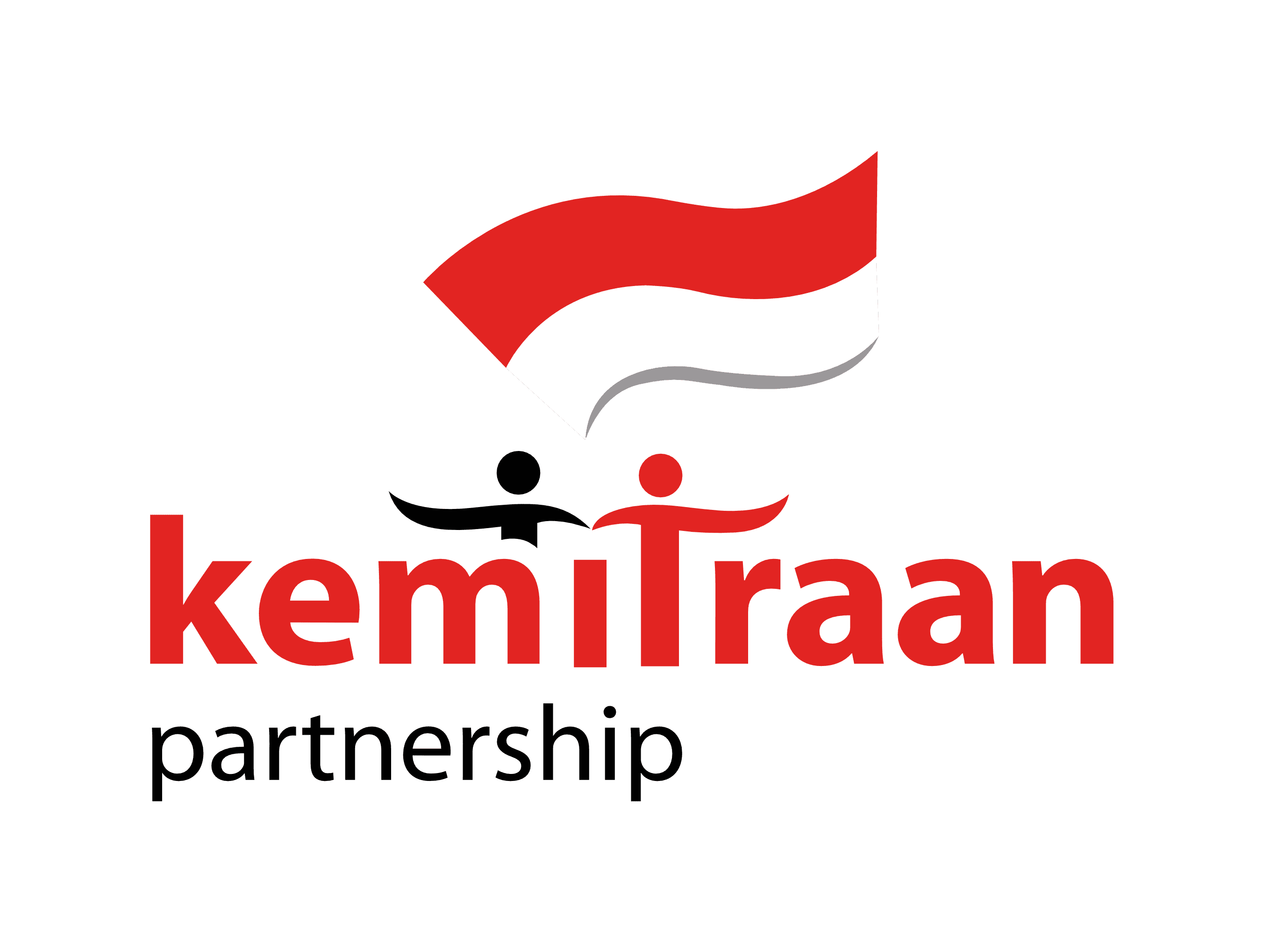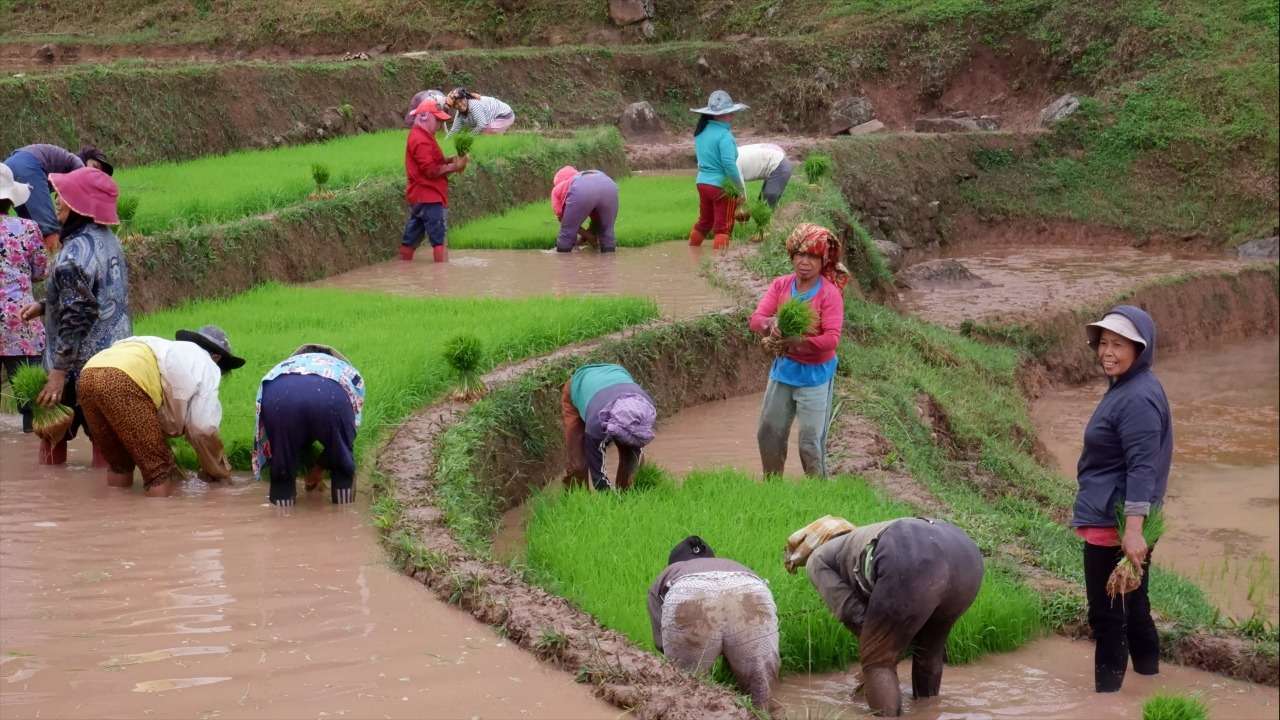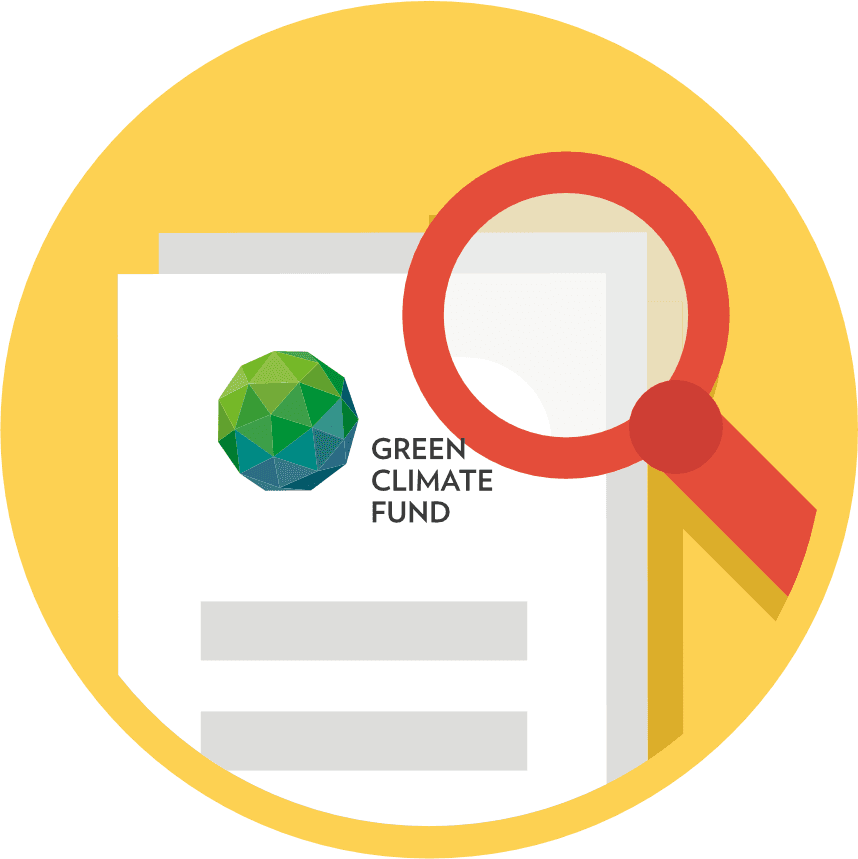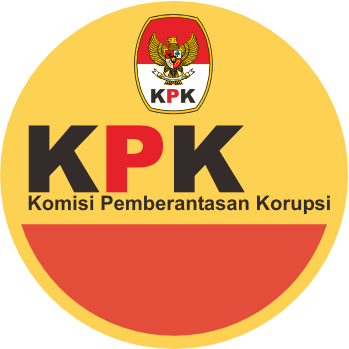
24 Oct 2019 – 30 Nov 2022
OVERVIEW
In line with the main objectives of Indonesia’s National Action Plan on Climate Change Adaptation (RAN-CCA) 2014, through a series of interventions from this project, watershed ecosystem communities will be able to increase resilience to climate change impacts both in food security through the development of food diversification and forest food. In addition to increasing ecosystem resilience through improving the quality of forest cover in Priority Watersheds, as well as integrated coastal management.
This action is a serious effort in addressing vulnerability to climate change that has a large and sustainable impact. High vulnerability to climate change makes communities in the watershed vulnerable to being affected. Increased rainfall, temperature, and land cover change have resulted in higher intensity of landslides and floods in the watershed area. Landslides in upstream areas cause further impacts such as high sedimentation in downstream areas and reduced watershed functions as watersheds.
This is exacerbated by the uncontrolled conversion of forest areas in upstream areas, which has increased the potential for disaster. Communities in the watershed area, most of whom make a living as farmers with poor economic conditions, have suffered considerable losses due to climate change. In addition, local governments will face greater difficulties in solving the problem, if their human resource capacity is not qualified.
The impact of natural resource degradation will worsen, and will trigger a slowdown in the economy and regional development. The project approach path can be seen in the following benchmarks in the figure below.
GOAL
Increase resilience to the impacts of climate change both in food security through the development of forest food and food diversification, as well as ecosystem resilience through improving the quality of forest cover in the Saddang watershed.
OBJECTIVES
The main objective of this program is to improve the food security of Saddang watershed ecosystem communities as an adaptation effort to climate change which focuses on:
Strengthening Social Forestry in encouraging forest food in the upper Saddang watershed which has implications for environmental improvement and increasing community income.
Improving coastal area governance and carrying capacity in supporting climate change adaptation in the downstream of Saddang watershed.
Strengthening cross-sectoral policies in ensuring the sustainability of climate change adaptation.
Increased capacity and support of stakeholders in climate change adaptation through dissemination and knowledge management.
LOCATION
Saddang watershed is located in South Sulawesi Province, which is located in several districts: the upstream area is located in Tana Toraja District, North Toraja District, and Enrekang District, and the downstream area is located in Pinrang District.
Status: Grant Manager
Funded by : Adaptation Fund
Partner/Executor: Consortium for Adaptation to Climate Change and Environment/KAPABEL
Duration : October 24, 2019 – November 30, 2022
Budget : USD $835,465
Managed by : Sustainable Governance Strategic (SGS) Unit







